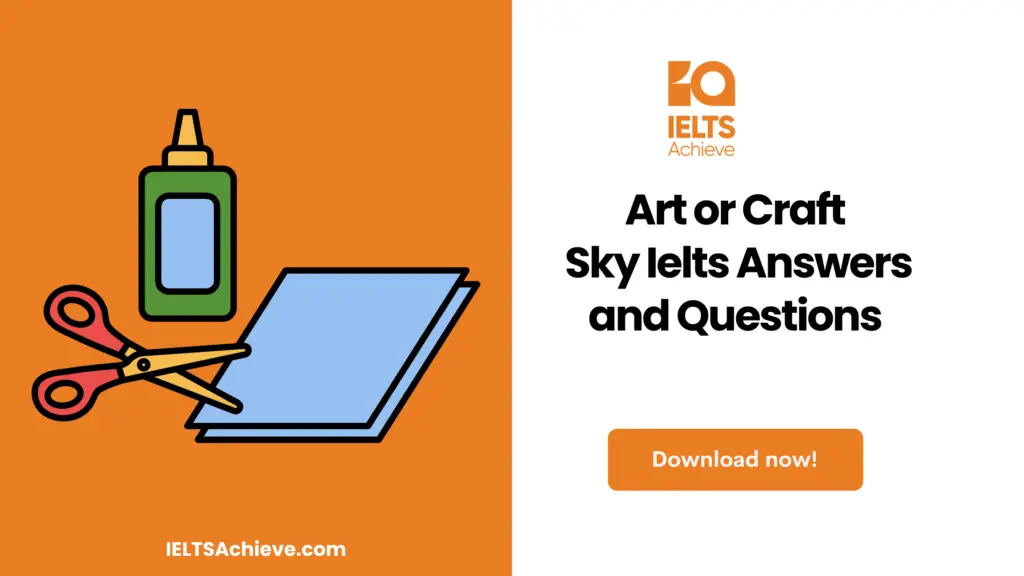
READING TEXT 2
The following text is from Psychology Today.
You should spend about 20 minutes on Questions 14-26, which are based on reading text 2.
Hating the Elite
A
Many deride the wealthy elite as symbols of inequality in democratic societies supposedly founded on equality. Why do people hate them so much? If we hate them, why do we tolerate them? Hunter-gatherer bands had few clear status distinctions apart from those of age and gender. Headmen, and occasionally head women, functioned as servant leaders who spent much of their time offering free counselling and conflict resolution services to members of the band. In these societies, headmen were more likely to marry a second wife but received no other benefits of office. Successful hunters had high status in the group and were in greater demand as extramarital partners, but they were always careful to avoid seeming boastful.
B
Anthropologists struggle to explain why inequality first arose but the transition to agriculture is a plausible explanation. Neolithic farmers in Europe had inherited status as revealed by analysis of objects buried with them (grave goods). Men buried with stone adzes (likely used to construct their wooden houses) were of higher status than others and acquired this rank from being raised on fertile loess soil that they inherited from their fathers. Fertile land is a valuable resource and much early warfare involved territorial aggression over land. Warfare required increased social organisation and political leadership increases a person’s status. The conversion of material wealth into political power may be the most common mechanism through which inequality arises. Arguably, the Native American Potlatches were not so very different from Hugo Chavez giving away refrigerators to Venezuela’s poor.
C
The same theme is expressed in Egypt’s Pharaohs controlling their population by creating a monopoly on storable food, such as wheat. The first large city – Uruk – was maintained by a highly productive agricultural system that was based on extensive irrigation. The rulers controlled the public works necessary to provide irrigation water and their administration was by means of an elaborate hierarchy of civil servants with slaves at the bottom and the monarch at the top. Agriculture may have been the earliest form of heritable wealth, but it pales in significance compared to the power of money and modern financial institutions. Unequal distribution of wealth today reflects ownership of financial assets (particularly stocks and bonds). Steady appreciation of these assets over time means that developed countries are increasingly divided into haves and have-nots. That creates problems.
D
Income inequality produces two main kinds of adverse effect. First, it produces or aggravates, many health problems. Second, it undermines social trust thereby impeding the smooth functioning of a society. The health problems are by now fairly well appreciated. Low-income groups have a substantially lower life expectancy. This is another way of saying that they experience a wide variety of health problems that subtract from their longevity. The underlying mechanisms are complex and cause range from environmental pollution to psychological stress, bad diet, and poor lifestyle, all of which are strongly associated with income. Unequal societies lack social trust. There is a pervasive feeling that the social contract is broken so that no one can be expected to obey laws, participate in politics, or invest in their local communities. Of course, some segments of the community are more disaffected than others and their communities are the most dysfunctional and crime-plagued. All of these problems are so serious, and so clearly produced by inequality that inequality itself can be considered a problem that must somehow be addressed, difficult though that might be.
E
Elites elicit hatred because they control resources that others wish they could enjoy. Moreover, humans have always preferred equality in social interactions, judging from the flatness of hunter-gatherer societies. So why do we accept a hereditary elite instead of insisting upon liberty, equality, and brotherly love, as expressed in the slogan of the French Revolution? One fairly obvious answer is in terms of the power structure, whether political or economic. Neolithic farmers who occupied loess soil were healthier and stronger than rivals that enabled them to repel; rivals and perpetuate their hereditary advantage of controlling better land. Analogous advantages are built into other kinds of elites, whether it is the higher earning power of more intelligent people or the systematic advantages enjoyed by financial elites compared to workers.
F
Economists cannot help but be impressed by the fact that financial wealth increases exponentially across generations whereas wages increase more slowly. This means that the financial system, of itself, exacerbates inequality. It is a giant squid that sucks value out of worker effort and secretes it in the accounts of the wealthy, a process that continues until there is a financial collapse. Such shocks may bankrupt the wealthy – unless they get bailed out by the government. The fact that elites may sometimes get bailed out is often dismissed as a side effect of corruption in government but it also suggests that wealthy institutions, such as banks play an essential role in facilitating the smooth functioning of economies. Much as we may hate the elites, there is also a sense that we are actually worse off without them and levelling experiments from the French Revolution to China’s Cultural Revolution did not go well. Whether the authority of the monarch, the lending power of the banker, the enterprise of an entrepreneur, or the glamour of a celebrity, the elites may satisfy practical or psychological needs of their victims. Or we are just stuck with them because they have all the power.
Questions 14-18
Text 2 has six paragraphs, A-F.
Which paragraphs contain the following information?
Write the correct letter, A-F, in boxes 14-18 on your answer sheet.
NB you may use any letter more than once.
14. The class system started many years ago and now has grown out of control.
15. The upper class have formed good connections with finance companies and the government.
16. The ownership of certain items gives a person status.
17. Many people are envious of what the elected population have.
18. The suggestion that fortunate workers held more status.
Questions 19 and 20
Choose TWO letters, A-E.
Write the correct letters in boxes 19-20 on your answer sheet.
Which TWO of these possible reasons for hating the elite are mentioned in the text?
A. They are obnoxious.
B. They are financially prosperous.
C. They promote a certain type of lifestyle.
D. They are mostly bankers.
E. They hold power in society.
Questions 21 and 22
Choose TWO letters, A-E.
Write the correct letters in boxes 21 and 22 on your answer sheet.
The list below shows possible forms of proof that people hate the elite.
Which TWO possible forms of proof does the writer say has been found?
A. People have started petitions.
B. They control the media and the masses do not want this.
C. There have been large-scale protests.
D. They have been saved by financial institutions when needed, furthering the gap between those who have and those who have not.
E. In social situations, the elite are ignored.
Questions 23-26
Do the following statements agree with the claims of the writer in text 2?
In boxes 23-26 on your answer sheet, write
- YES – if the statement agrees with the views or claims
- NO – if the statement contradicts the views or claims
- NOT GIVEN – it is impossible to say what the writer’s views/claims are
23. The elite should receive more funds from the government.
24. There are problems between the elite and society.
25. The elite has been integral in helping to shape and form communities.
26. There is evidence to support the writers claims that people hate the elite.
If you need help to answer these questions with extra practice please read the posts below >>
Answers >>
Questions 14-18
14 – F
15 – C
16 – B
17 – E
18 – A
Questions 19 and 20
19 – B
20 – E
Questions 21 and 22
21 – C
22 – D
Questions 23-26
23 – Not Given
24 – Yes
25 – No
26 – Yes
Part One of Academic Reading Test 3
Part Three of Academic Reading Test 3
We hope you found this post useful in helping you to study for the IELTS Test. If you have any questions please let us know in the comments below or on the Facebook page.
The best way to keep up to date with posts like this is to like us on Facebook, then follow us on Instagram and Pinterest.
If you need help preparing for the IELTS Test, join the IELTS Achieve Academy and see how we can assist you to achieve your desired band score. We offer an essay correction service, mock exams and online courses.

